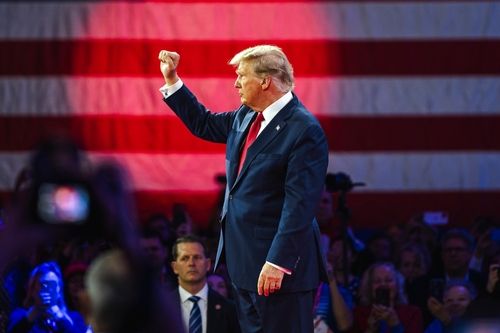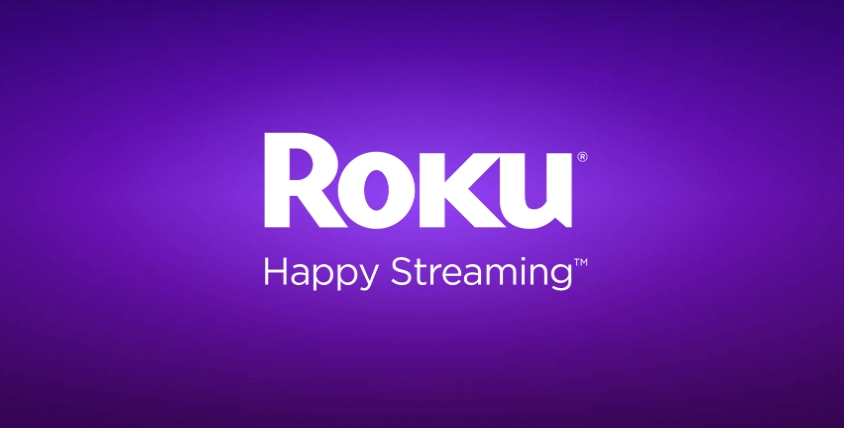[Reuters Analysis] Trump policy swerves spur Europe into action, but any 'Europhoria' may be premature

- Trump's threats have jolted Europe into action
- Defence, construction firms getting a tailwind
- But structural drags remain in energy, red tape
FRANKFURT, March 25 (Reuters) - U.S. President Donald Trump's erratic policymaking has given Europe an unexpected spur to action, but any sense of "Europhoria" about the region's chances of turning this moment into a longer-lasting revival is likely premature.
Trump's threats on tariffs and questioning of America's future security role in Europe have drawn an energetic response, perhaps best symbolised by Germany's plans to spend hundreds of billions of euros on defence and infrastructure.
Some European companies are becoming more optimistic about sales, while growth projections for the euro zone economy have been upgraded. The euro has risen and investors are ditching U.S. stocks for their long-neglected European counterparts.
Yet while some analyst notes now include the phrase "Make Europe Great Again" - a play on Trump's MAGA slogan - the surge in optimism ignores Europe's unresolved problems: high energy costs, a fragmented internal market, and looming tariffs from its biggest customer, the United States.
"Is the Europhoria justified?," asked Holger Schmieding, an economist at German bank Berenberg. "The more positive outlook for Europe makes sense. But as usual, the sudden swing may be a little overdone in some cases."
Euro zone shares have risen 12% since Trump's inauguration on January 20, while U.S. stocks have fallen by 6.7%.
U.S. consumers and investors have also turned much more pessimistic than their European counterparts. Economists polled by Reuters have upgraded their 2026 growth forecasts for the euro zone for the first time in nearly a year, to 1.3% from 1.2%.
While that is still less than the 2% predicted for the United States, there was further positive news on Monday as closely watched factory gate data showed euro zone business growth expanding at its fastest pace in seven months.
Some European officials have pointed out that the region's widely deprecated fondness for rules looks like a virtue compared with unpredictable policymaking elsewhere.
Angelique Renkhoff-Muecke of Bavaria's metal and electrical industry association, was even blunter about the growing doubts over legal certainty for business in the U.S.
"Anyone who is not already there is thinking about whether they should go," she said.
TRADE RISK
A potential trade war with the United States, starting with tariffs due to take effect on April 2, is the biggest risk for an export-oriented economy like Europe's.
The European Central Bank estimates a 25% U.S. tariff on imports from Europe would dent euro zone output by about 0.3 percentage points in the first year. Retaliatory measures by Europe could increase the damage to about half a percentage point.
Any sustained investment gains in Europe are unlikely until the fog surrounding Trump's plans clears. Indexes that measure trade and broader economic policy uncertainty using sources such as newspaper articles, disagreements among forecasters and filings have shot to all-time highs.
"Businesses are not in a good position to plan for their investments," said Atanas Kolev, co-author of one paper on the economic drag created by uncertainty.
To be sure, Europe's new-found spending courage can help the region insulate itself from trade headwinds - especially those sectors that benefit directly from Germany's spending plans, such as defence and construction.
Rheinmetall RHMG.DE, Europe's top ammunition maker, expects significant sales growth in 2025, and missile maker MBDA will invest in its Italian unit to boost production in expectation of more orders.
Infrastructure companies from Germany's Heidelberg Materials HEIG.DE and Austria's Strabag STRV.VI to Swiss Geberit GEBN.S and France's SPIE SPIE.PA expect the German spending programme to have a short-term impact.
Peter Huebner, president of Germany's construction industry association HDB and a board member of Strabag's German division, expected both orders and sales at his unit to rise this year.
"Every euro invested in infrastructure increases gross domestic product by two and a half times (that amount)," he said.
HDB told Reuters it reckons sales will likely rise in 2025 for the first time in five years. In January, it saw sales declining by 1.4% this year.
But executives elsewhere, including the beaten-down steel sector, are concerned funds may take years to find their way into the economy and fail to tackle other pressing issues, most notably red tape and energy costs.
"Money alone won't do the trick," said Stefan Rauber, CEO of German steelmaker Saarstahl.
Klaus Adam, a professor at University College London, echoed that, noting that no moves had yet been taken to address snags in the free flow of labour, capital and goods in the bloc's 32-year-old single market.
"Stability and rule of law is all good and people probably appreciate it more than in the past now that others have become erratic," he said. "But of course it is also a bit of a drag because ... we could move a little faster on some fronts."
($1 = 0.9225 euros)
Euro zone shares have outperformed U.S. since Trump's inauguration
Germany's budget bazooka
Global Economic Uncertainty Index








